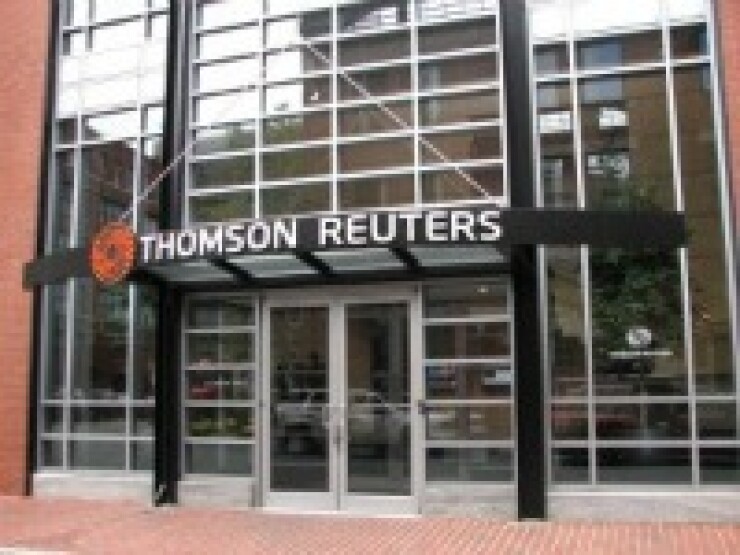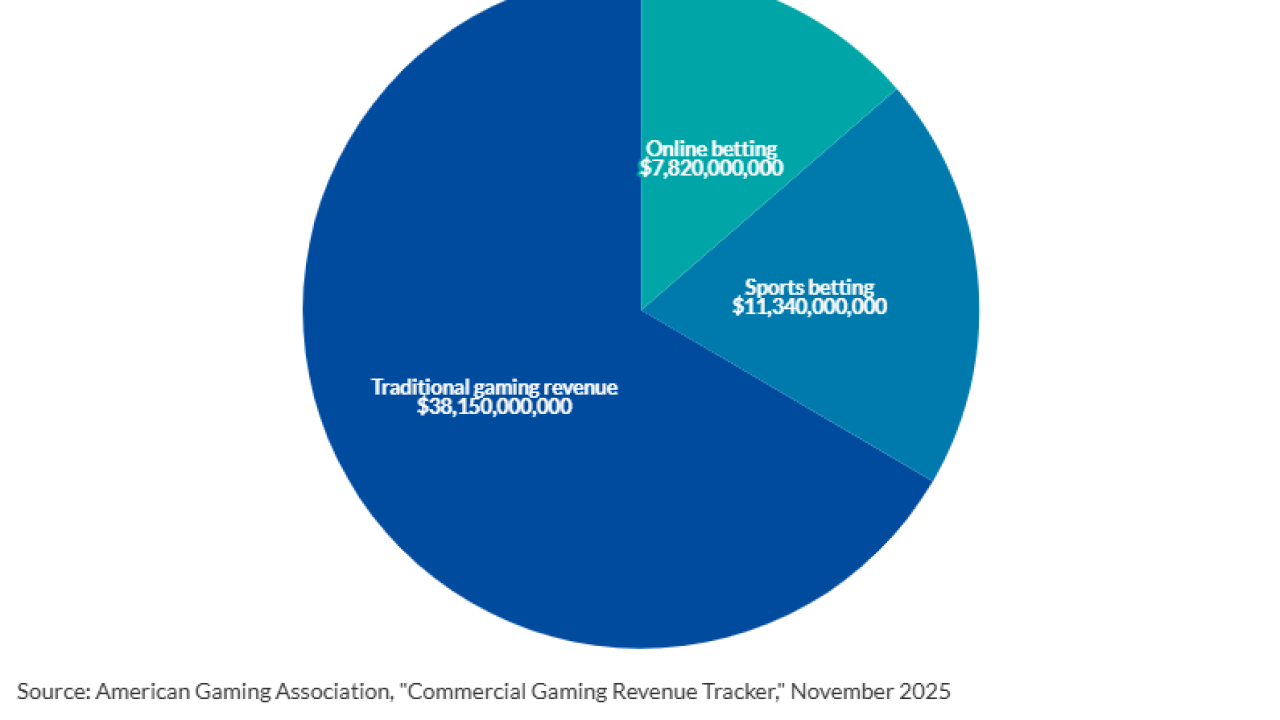Nearly half the leaders of corporate tax departments believe they're severely under-resourced when it comes to technology and hiring, according to a recent survey.
The
Tax penalties are a big issue for many corporate tax departments. Close to half the respondents (47%) incurred tax penalties averaging $40,000, double the median penalty of $20,000 incurred by all tax departments. Technology ranked as the most effective way to reduce risk (17%), ahead of improved quality control and hiring more people to build headcount.

"In the world of tax, technology is not a new concept," said Ray Grove, head of product for transactional compliance at Thomson Reuters. "What I think you're seeing, though, is nobody ever has as much budget as they want or need at almost any organization. But with that other dynamic of more regulations and obligations, and those regulations and obligations requiring more data and information, I think the burden of the work that's necessary to do their job is just increasing. You also see in the survey where people talk about not being able to find the right kind of resources or have enough resources, not just from a technology perspective, but also a people perspective. You take those things that are happening that are very real in the industry, and it creates a lot of pressure on the teams."
Improving efficiency was at the top of the list of priorities for tax departments (32%), followed by acquiring additional software (14%) and automation of processes (12%). Asked about the past year, nearly one-quarter (23%) of the respondents said their team was proudest of its automation of processes through the implementation of new technology or software.
Short-term resourcing priorities for the next one to two years include introducing automation, which was favored as the highest priority for tax departments, with slightly over half the respondents (51%) ranking this ahead of increasing efficiency (46%) and growing headcount (34%).
"One of the problems that is starting to become a bit more of an awareness ... that tax has really been unfortunately put in a backseat for a lot of the financial transformation work that gets done in organizations," said Grove. "Tax needs are oftentimes the last mile that they look at. However, we see tax becoming more transactional, from the standpoint of compliance and enforcement, and becoming more of a risk for an organization or potential barrier if they don't get it right. ... One thing that I can say we're seeing with these financial transformations that organizations are doing when upgrading their ERPs is they're starting to bring tax into that part of the conversation because it's more operational to their business."
Thomson Reuters also released a
"A big part of what's really coming out is that the supply chain, tax and global trade are deeply related," said Grove. "When you have a lot of customers, what they're going through right now is they've had to adjust their supply chains. They've had to change where they're doing business, how they're doing business, how they're getting their products to market. And with all of that comes different regulatory considerations and obligations. Within trade, it's a lot like tax where there's pockets of automation, and then there's pockets of manual effort."
He sees a growing concern about environmental, social and governance issues. "As you look at ESG, organizations are making sure that they're creating those operating mechanisms, and that they're putting things in place to where they can adapt and move quickly. With automation, technology and the right people, when disruption happens, you can respond to it. A lot of people were caught in a situation where they didn't have all the resources, and more importantly the tools, to be able to respond. We're seeing organizations spend more time and focus on that."
He sees a correlation between tax and trade. "A duty and a tariff is a tax," said Grove. "It's just tax by a different name. So many things are actually taxes that we don't call taxes."
He believes companies will need to dedicate additional resources to both tax and trade, especially with the Internal Revenue Service announcing plans last month to step up its audits of large corporations and partnerships (
"If you've got half the organizations saying they're under-resourced, and you've got more corporations that are being subjected to audits and scrutiny from agencies like the IRS, I think fundamentally technology adoption helps curb that pressure," said Grove. "There's the pressure of having enough professionals and having the right professionals. We see that evolving more and more as technology becomes more advanced. And we see things like the advent of generative AI. These are all things that hopefully organizations can lean into adopting, so they can take some of the pressure off of the professionals to always be the subject matter experts. Instead of looking at individuals to provide that expertise, they can move more toward judgment, where they're making decisions based off of judgment, because they've got the tools, technology and processes in place to support their organizations."





